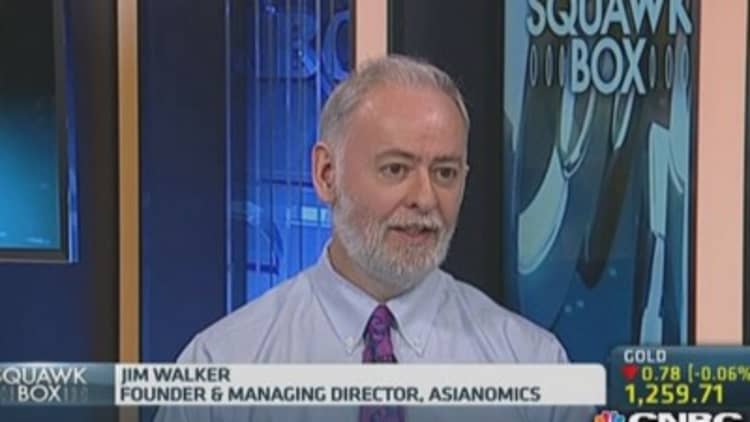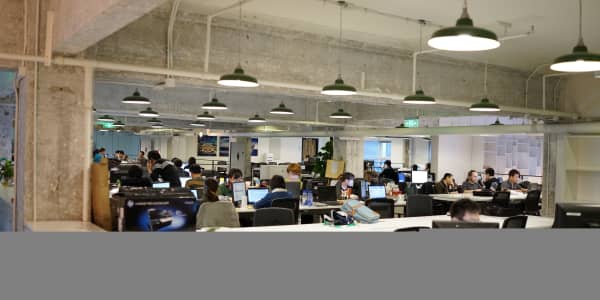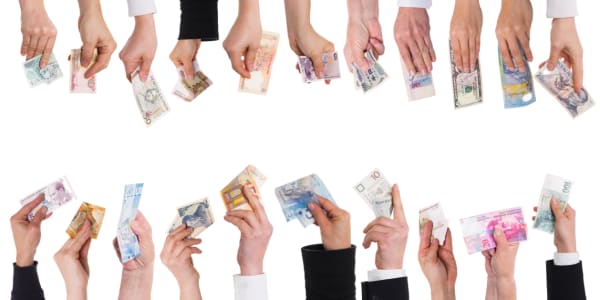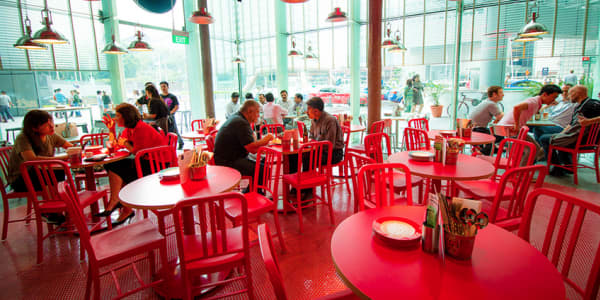Kim Ki-hoon has risen to stardom of a sort that exists in few places outside South Korea. As the country's highest-earning celebrity English teacher, he estimates he made about $4 million last year from his online language lessons – and then there is the income from his educational publishing company, which turned over about $10 million.
The star tutor says about 1.5 million South Koreans have taken his classes in the past 12 years. He attributes his success to his engaging teaching style and clever marketing: he selects his television appearances carefully, and made a pop song aimed at nervous university candidates with a chorus urging "Trust me!".
Mr Kim's earnings are a fraction of the estimated $20 billion spent annually on private tuition in South Korea. Yet he, like others in the industry, expresses unease at the scale of the system that paid for his Porsche. "There should be no need for private education," he says.
Read MoreAsian countries dominate global education ranking
The fierce debate in South Korea over the national education system – in particular, the huge industry of private crammers (hagwons) and online study providers – might surprise its foreign admirers. Figures such as US President Barack Obama and Michael Gove, UK education secretary, have hailed South Korean education as a model, pointing to its children's impressive showing in Organization for Economic Co-operation and Development tests of maths, literacy and science.
Within South Korea, however, there is growing unease at the side-effects of the massive use of private education. For a start, many children study from early until late after the end of the regular school day, leaving little time for play or relaxation.
Last year, a study of children in the wealthy Seoul district of Seocho-gu found that almost one in seven suffered from curvature of the spine, more than double the rate 10 years before. At least three quarters of Seoul's high-school pupils are myopic, and physicians are spotting more and more youngsters with "turtleneck syndrome", in which the child's head hunches forward anxiously.
Read MoreNo respite in sight for South Korean exporters
Then there is the economic impact: private education costs account for about 12 per cent of total household expenditure and are widely blamed for depressing South Korea's birth rate, one of the lowest in the world.
Successive governments have tried to rein in the thousands of hagwons. They are now banned from operating after 10pm, and special inspectors can raid any suspected of breaking the rule. Hourly tuition rates have been capped and, most recently, hagwons were banned from teaching material ahead of it being studied in school.
The new rules are anathema to Min Seong-won, the country's most famous education consultant, who says: "South Korea's education system is becoming like a socialist system."
Read MoreA safe bet for turning a college degree into a job
Mr Min operates a hagwon, and dispenses advice on education planning through television appearances and a string of popular books. His unique offering is the "road map" – a bespoke service that includes him devising a detailed plan for getting a child into college years in advance.
After reforms to the admission process, universities can assess applicants on a range of factors from school grades, entrance exams, English tests and extracurricular pursuits. But the constantly changing system has bewildered parents. "There are 3,000 ways to get into Seoul National University," says Mr Min, wielding a dense book of statistics to prove it.
He points to the country's showing in the OECD's Pisa tests as evidence of the education system's strength. In the 2012 tests, taken by 15-year-olds in 64 territories, South Korea came fifth in maths and literacy, and seventh in science. Yet the same test put South Korean children 62nd in confidence in solving complex tasks, and last for happiness at school.
Read MoreBank of Korea holds rates for 13th straight month
Lee Ju-ho, education minister from 2010-2013, believes this indicates the impact of excessive study on mental health, creativity and teamwork skills, and the need to "combat the private tutoring business". If South Korea is to flourish, he says it must address the problem of "high expenditure on education that is not leading to an increase in human capital".
He points in particular to private English tuition, where spending is equivalent to 0.6 per cent of gross domestic product, but where the results fail to match this multi-billion-dollar outlay and confident speakers of English are rare.
Many, including the hagwon teachers, blame the means used to assess English aptitude, which are overwhelmingly multiple choice comprehension exams, such as the Test of English for International Communication administered by the US-based group ETS.
Read MoreKorea andTaiwan not developed enough for MSCI
Yoo Su-yeon's success in preparing students for the TOEIC test has made her a TV celebrity who earns $1.5 million a year teaching. But for Ms Yoo, the TOEIC syllabus is "not helpful" for a good understanding of English. "It's not really an English test – it's a way of identifying who has basic ability, and who wants to learn in their new job," she says at her hagwon, U-Star, which employs 40 or so teachers. "Companies choose TOEIC because it's about following instructions."
Many South Koreans are intensely proud of the role education has played in the economic growth of a country that in 1945 was among the world's poorest, with a literacy rate of 22 per cent. While acknowledging the system's shortfalls, some business leaders say it does a good job of providing skilled workers for cutting-edge industries. "I think we can do better," says Sirgoo Lee, chief executive of Kakao, the mobile chat app company. "But this really strong interest in education, and this very fierce competition in education, creates a top-notch, very highly talented pool of young folks."

Yet leading figures in the industry feel its best days are over. Megastudy, the biggest private education company, had revenue of ₩317 billion last year. The most lucrative clients, says Megastudy's founder Son Joo-eun are students applying for university after failing the first attempt. They typically arrive at the hagwon at 8am and stay until 10pm.
But like most in the industry, Mr Son is downbeat on the outlook for the sector, squeezed between stricter regulation and incipient waning of the fervor for education. Sales declined in each of the past two years, and
the company's share price has fallen 70 per cent since the start of 2010.
More from the Financial Times:
Phonemaker Wiko challenges big players
Poland's premier defends bank governor
Airbusand Safran unite for space race
The bleak outlook is also partly due to the low birth rate, which is set to make South Korea one of the most rapidly ageing countries. But that, too, comes with opportunities, notes Mr Son. "I'm thinking about what field to go into next. Perhaps a business looking after elderly people."
Lots of English classes but few speakers
Most South Korean students consider strong English test results a requisite for attaining a good job, but it is often hard to find a confident English speaker in departments of government or big companies, or even among staff at tourist sites. The strongest critics of this situation include many leading figures in the private English-tuition industry itself.
Read MoreWelcome to Wal-MartHigh! Students learn retail
"Wherever you go in Korea, can people speak English? Normally, not," says star tutor Kim Ki-hoon. "But all Korean students have been learning English for over 10 years."
Like others, he blames the situation largely on the means used to assess English aptitude.
That is echoed by Jay Song, a teacher at U-Star, one of the leading crammers in South Korea, where the young staff smile and pout in its promotional images, resembling the country's pop stars who have taken Asia by storm.
Outside the classroom of 36-year-old Mr Song, a wall of fan letters from admiring students includes a handwritten tribute to "Handsome Jay". Inside, Mr Song delivers an energetic lesson to a silent class of 18 students, punctuated with jokes and gestures. But little English is spoken in the lesson, which comprises an explanation of the TOEIC reading comprehension paper. "I'd like to focus on speaking skills," Mr Song says afterwards. "But the South Korean system is opposite – we just focus on grammar and vocabulary [because] they're easier to test."




